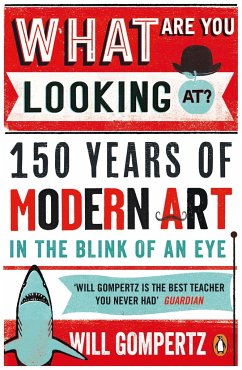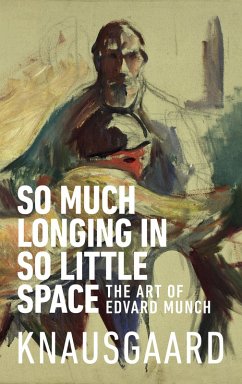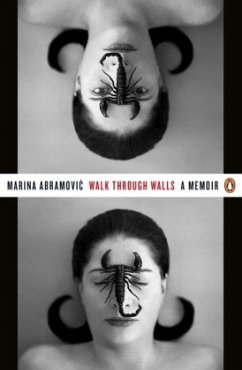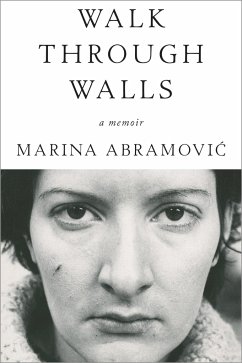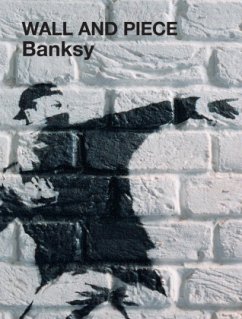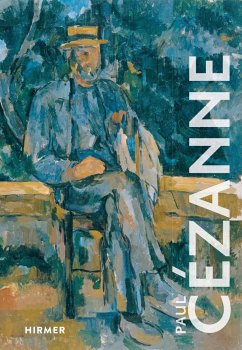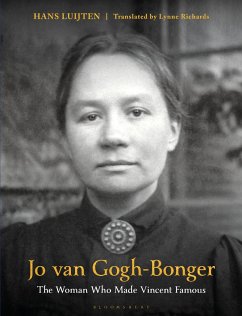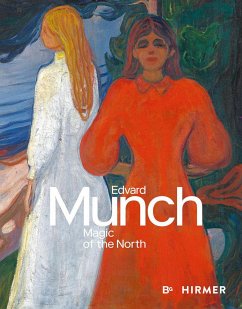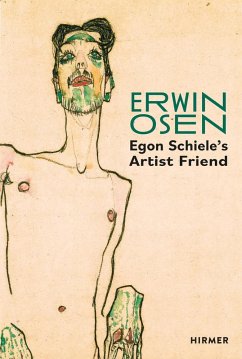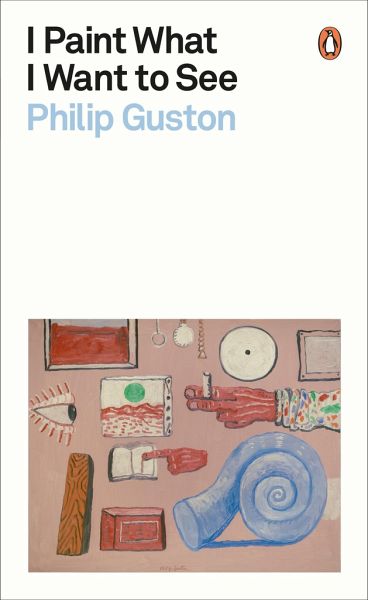
I Paint What I Want to See

PAYBACK Punkte
4 °P sammeln!
Illuminating reflections on painting and drawing from one of the most revered artists of the twentieth century'Thank God for yellow ochre, cadmium red medium, and permanent green light'How does a painter see the world? Philip Guston, one of the most influential artists of the twentieth century, spoke about art with unparalleled candour and commitment. Touching on work from across his career as well as that of his fellow artists and Renaissance heroes, this selection of his writings, talks and interviews draws together some of his most incisive reflections on iconography and abstraction, metaph...
Illuminating reflections on painting and drawing from one of the most revered artists of the twentieth century
'Thank God for yellow ochre, cadmium red medium, and permanent green light'
How does a painter see the world? Philip Guston, one of the most influential artists of the twentieth century, spoke about art with unparalleled candour and commitment. Touching on work from across his career as well as that of his fellow artists and Renaissance heroes, this selection of his writings, talks and interviews draws together some of his most incisive reflections on iconography and abstraction, metaphysics and mysticism, and, above all, the nature of painting and drawing.
'Among the most important, powerful and influential American painters of the last 100 years ... he's an art world hero' Jerry Saltz, New York Magazine
'Guston's paintings make us think hard' Aindrea Emelife, Guardian
'Thank God for yellow ochre, cadmium red medium, and permanent green light'
How does a painter see the world? Philip Guston, one of the most influential artists of the twentieth century, spoke about art with unparalleled candour and commitment. Touching on work from across his career as well as that of his fellow artists and Renaissance heroes, this selection of his writings, talks and interviews draws together some of his most incisive reflections on iconography and abstraction, metaphysics and mysticism, and, above all, the nature of painting and drawing.
'Among the most important, powerful and influential American painters of the last 100 years ... he's an art world hero' Jerry Saltz, New York Magazine
'Guston's paintings make us think hard' Aindrea Emelife, Guardian





